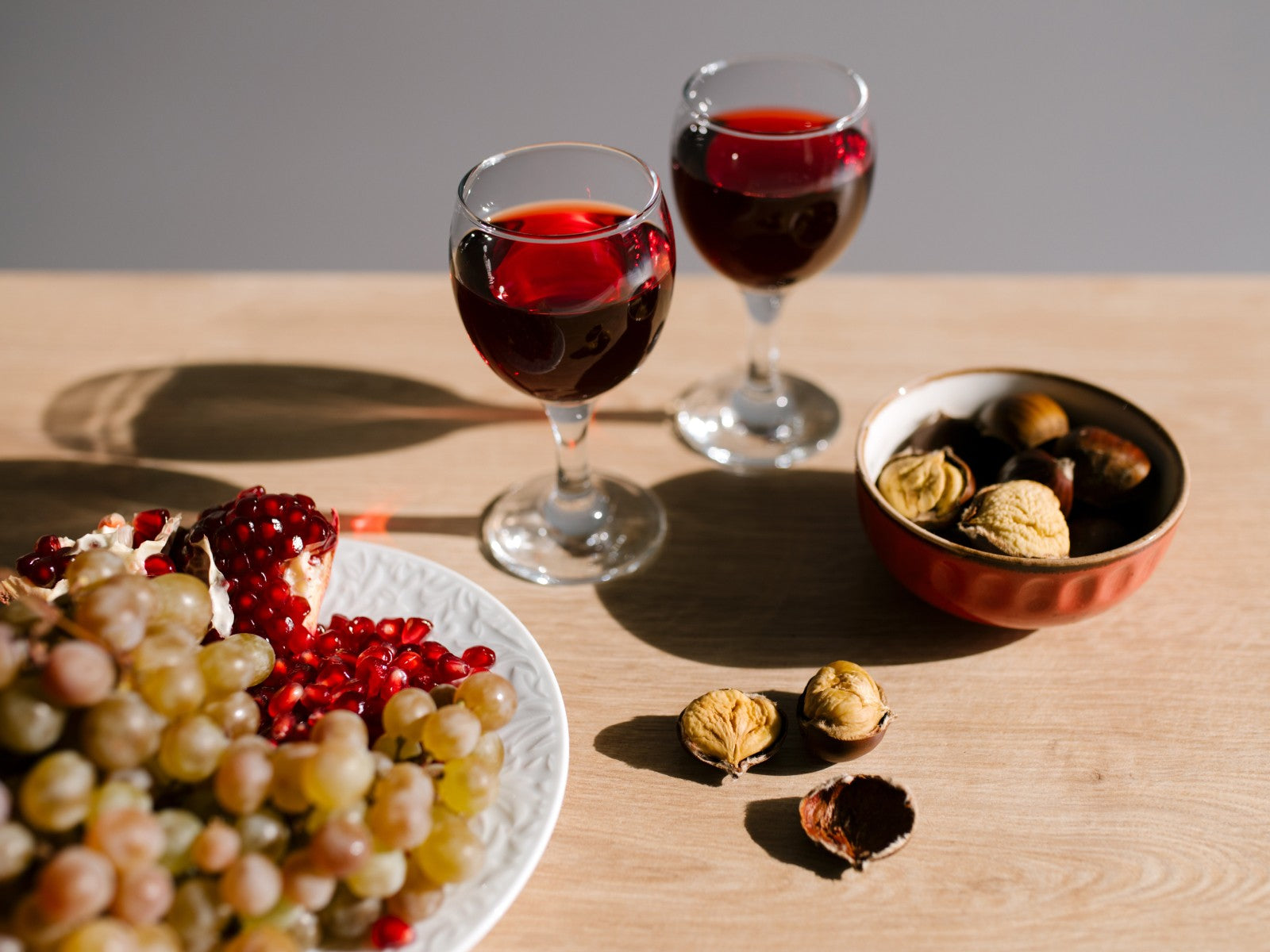Microbiome Diet ~ 4.1 Foods to Limit - Alcohol

We know that diet is one of the main modulators of the composition and function of the microbiota. This influence is so strong that changes in diet can affect how our microbes evolve and adapt in response to the food we eat. In this post, we want to give you some practical advice backed by the latest science on the link between alcohol consumption and gut health.
This is part 4.1 of the articles on Microbiome Diet. Read part 3 here: Microbiome diet 3: Boost the beneficial microbes and part 4.2 here: Microbiome diet 4.2: Foods to Limit - Artificial Sweeteners
The link between our gut and immune system
Our gut and our immune system constantly exchange information: Which microbes are dangerous? Which should be tolerated? A strong core of beneficial microbes maintains gut balance and regulates how our body reacts to potential threats. When beneficial bacteria ferment complex carbs they mainly produce short-chain fatty acids (SCFA) which are essential for the modulation and mediation of the immune system.
In the gut, SCFA also support the cells that make up the inner walls of our gut. These cells and the mucus they produce make up the intestinal barrier i.e. the first line of defence against invaders. SCFA strengthen this border control and prevent unwanted gaps. This is vital to prevent bacteria and toxins from “leaking” through the intestinal wall into our bloodstream. The consequences would be dire: Endotoxemia (read: the presence of bacterial toxins in the blood), autoimmune diseases, mood disorders (i.e. depression), diabetes, inflammatory bowel disease and multiple sclerosis.
Specifically on intestinal immune cells SCFA have important anti-inflammatory effects.
And to top it all off, SCFA also act on organs far away from the gut, such as the brain, liver, pancreas and skin.
Alcohol and Gut Health
We all know that alcohol overuse is harmful to human health, costing European healthcare system over 22 billion euros each year. Around 25% of heavy drinkers develop some kind of liver disease, such as alcoholic steatohepatitis or cirrhosis. But, the novelty is to understand how these negative effects are actually influenced by our gut microbiome and the immune system.
How does alcohol affect our gut?
Heavy alcohol consumption changes the relative abundance of some microbes leading to larger changes in diversity. In particular, it causes a depletion of bacteria with anti-inflammatory properties, such as Bacteroidetes and Firmicutes phyla, and increases the number of microbes that thrive in inflammatory environments.
Alcohol abuse also disrupts the intestinal barrier and injures the intestinal mucosa. This allows bacterial or harmful components of their membrane to leak into the bloodstream, reaching other organs that can be damaged.
This combination can ultimately lead to dysbiosis and inflammation in the gut.
Gut-liver axis
Although the so called “gut-liver axis” is a pretty new concept, it can be understood as the two-way interactions between the gut and the liver, which also involves the immune system.
The portal vein is a direct biological connection that leads nutrients and gut-derived products toward the liver, which in turn produces bile acids, proteins, lipids and immune components.
Excessive alcohol consumption disrupts this gut-liver communication and sets off a chain of inflammatory interactions that damage the liver.
Some practical advice
When it comes to alcohol and gut health…
- Minimize your consumption: It is a good idea to practice light to moderate consumption, by limiting the intake to a maximum of 4 units of alcohol per day or 10 units per week.
- Choose red wine: We recommend the consumption of red wine, instead of other alcoholic beverages, mainly for its polyphenol content.
- Avoid sugar-filled beverages: Unfortunately many drinks, cocktails, and fizzy drinks are packed with sugars or artificial sweeteners. And some tonics also have more sugar than colas. It is a good idea to check the ingredients before consuming them to avoid a sugar shock.
- Drink the ‘traditional’ way: In some cultures wine is only consumed along a main meal. Wine has to be regarded as a “treat”, to be enjoyed responsibly and in moderation.
Author: Cecilia Clausen (Clinical Dietitian)
